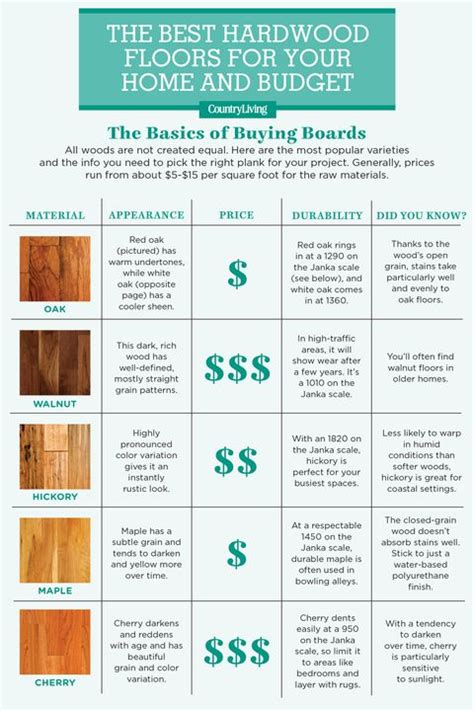Is Hardwood Flooring Right for My Home? A Comprehensive Cost Analysis
Hardwood flooring exudes timeless elegance and durability, making it a popular choice for homeowners. But before you dive into the world of oak, maple, and cherry, it's crucial to weigh the pros, cons, and, most importantly, the cost. This comprehensive guide will help you determine if hardwood flooring is the right investment for your home and provide a detailed cost analysis to guide your decision.
What are the Benefits of Hardwood Flooring?
Hardwood floors offer several compelling advantages:
- Durability: Known for their longevity, hardwood floors can last for decades with proper care and maintenance, outlasting many other flooring options. They can withstand heavy traffic and, unlike carpet, don't harbor allergens as easily.
- Aesthetic Appeal: Hardwood floors add a touch of sophistication and warmth to any room. The natural beauty of the wood grain creates a unique and elegant look that enhances your home's value. A wide variety of species, colors, and finishes allows for customization to match any design style.
- Increased Home Value: Hardwood floors are a highly desirable feature for potential buyers, significantly increasing your home's resale value. This makes them a smart long-term investment.
- Easy Maintenance: While they require occasional cleaning and refinishing, hardwood floors are relatively low-maintenance compared to other flooring types. Regular sweeping or vacuuming keeps them looking their best.
- Resale Value: Hardwood flooring is a classic and sought-after feature that significantly increases a home's resale value.
What are the Drawbacks of Hardwood Flooring?
Despite its many advantages, hardwood flooring also has some drawbacks to consider:
- Cost: Hardwood flooring is a significant investment, often more expensive than alternatives like laminate or vinyl. This includes not only the material cost but also installation and potential future refinishing.
- Maintenance: While relatively easy to maintain, hardwood floors require regular cleaning and occasional refinishing, which adds to the overall cost. Scratches and dents are more visible than on other flooring types.
- Susceptibility to Damage: Hardwood is susceptible to water damage, scratches, and dents, particularly from high heels or pet claws.
- Installation Time: Professional installation can take several days, depending on the size of the area.
- Difficult DIY Installation: Installing hardwood flooring yourself is challenging and requires specific skills and tools. Improper installation can lead to problems down the line.
How Much Does Hardwood Flooring Cost?
The cost of hardwood flooring varies significantly depending on several factors:
- Wood Type: Exotic hardwoods like Brazilian cherry or bamboo are considerably more expensive than domestic options like oak or maple.
- Installation Method: Nail-down installation is generally less expensive than glue-down or floating floor methods.
- Quality and Grade: Higher-grade hardwood with fewer imperfections costs more.
- Labor Costs: Labor costs vary by location and the installer's experience.
- Finish: Pre-finished hardwood is typically less expensive than unfinished hardwood requiring on-site finishing.
Cost Breakdown (Approximate):
- Material Costs: $3-$20+ per square foot (depending on wood type and grade)
- Installation Costs: $3-$8+ per square foot (depending on complexity and location)
- Additional Costs: Underlayment, molding, and removal of existing flooring.
Total Cost Estimate: Expect to pay anywhere from $7 to $28+ per square foot for a complete hardwood flooring installation, depending on the factors listed above. Always get multiple quotes from reputable installers to compare pricing.
What are the Different Types of Hardwood Flooring?
What types of hardwood flooring are available?
There's a wide variety of hardwood flooring types, categorized primarily by wood species (oak, maple, cherry, walnut, etc.) and construction. Solid hardwood is made from a single piece of wood, while engineered hardwood is composed of layers, making it more stable and suitable for areas with moisture.
What is the difference between solid and engineered hardwood?
Solid hardwood is thicker and more durable, allowing for multiple refinishings. Engineered hardwood is more resistant to moisture and can be installed in basements or bathrooms. The choice depends on your budget, location, and desired lifespan.
What wood species are best for high-traffic areas?
Harder wood species like oak, hickory, and maple are better suited for high-traffic areas due to their greater durability and scratch resistance.
Is Hardwood Flooring Right for My Budget?
Hardwood flooring is a significant investment, so it's essential to create a realistic budget before making a decision. Compare the long-term cost of hardwood against other flooring options. Consider the overall cost of ownership, including installation, maintenance, and potential refinishing costs over the life of the floor.
Conclusion
Hardwood flooring offers undeniable beauty, durability, and increased home value. However, it's a considerable investment requiring careful planning and budgeting. By understanding the pros and cons, exploring different wood types and considering the total cost, you can confidently determine if hardwood flooring is the right choice for your home and lifestyle. Remember to obtain multiple quotes from reputable contractors to compare prices and ensure a smooth installation process.

